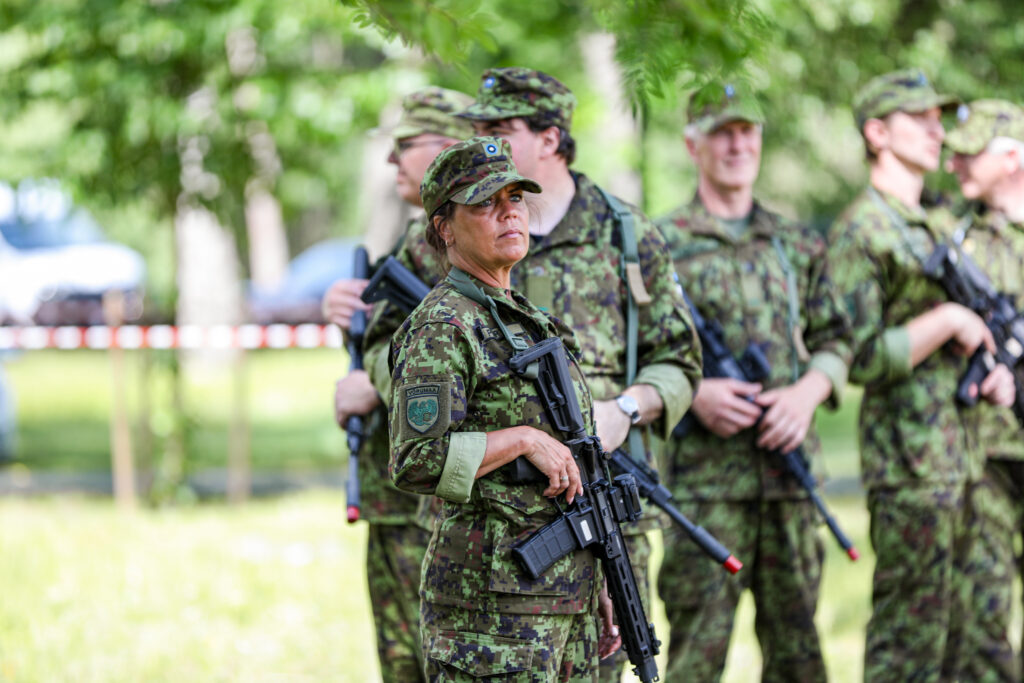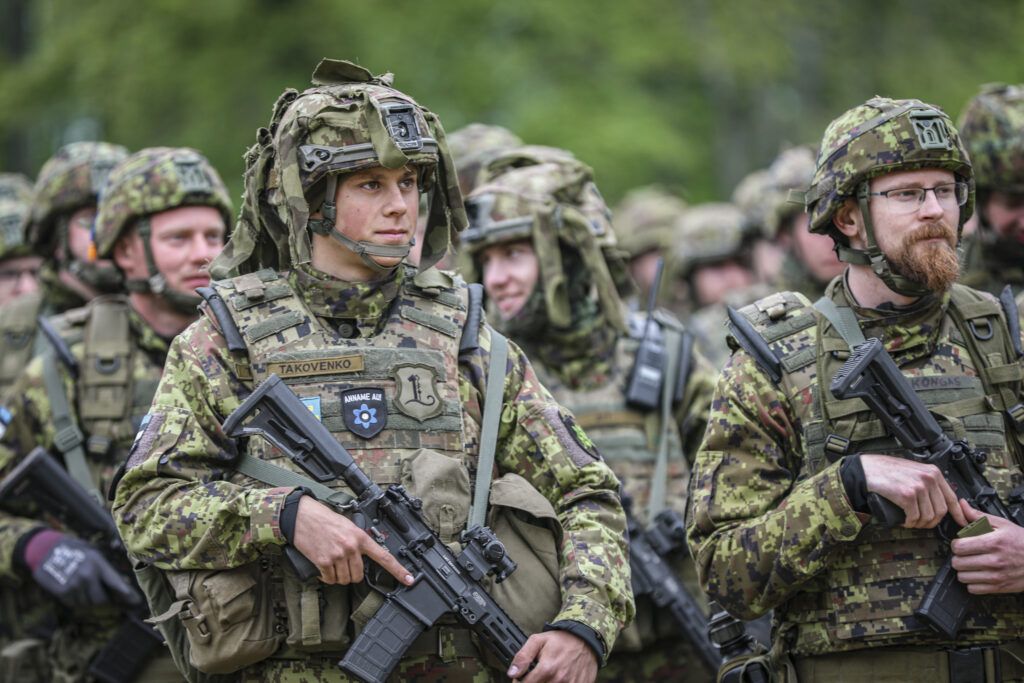According to the annual report of a complex study published by researchers from the Estonian Military Academy and the Institute of Social Studies at the University of Tartu, more than half of those who have completed conscription are ready to contribute to national defence.
At the end of conscription, three quarters of conscripts are convinced of the need to defend the country. The personal willingness to contribute to military defence depends on the general attitude at the time of conscription and the perception of national defence. Overall, 57 per cent are definitely willing to contribute to national defence, 28 per cent cannot give a clear answer and 15 per cent are among those who would rather not contribute.
The willingness to defend is high among members of the Defence League’s volunteer corps and reservists who have participated in military exercises – in the case of Defence League members, the willingness to definitely or very probably participate in defence activities is almost 100 per cent.
Overall, 91 per cent of reservists assigned to territorial defence districts are willing to participate in defence activities. Regarding Russia as a security threat, the majority of conscripts and reservists believe that a military attack on Estonia by the aggressor country is not very likely.
At the beginning of conscription, conscripts’ expectations are mainly related to their personal development, but by the end of conscription, they understand that the most important goal achieved is to become a reservist and contribute to national defence. Seventy-two per cent of conscripts made good friends during their conscription service, with whom they would like to keep in touch after their conscription service.

The number of female conscripts stays stagnant
Six out of ten conscripts feel that conscription has given them useful knowledge and skills, made them more self-confident and physically stronger. However, among those who have completed conscription, a third feel that conscription has been a waste of time for them for a variety of reasons.
There are those who enter conscription with high expectations and are therefore critical when their expectations are not met. But there are also those whose attitude before conscription is negative, which translates into reluctance to perform service tasks and ends with the feeling that it was a wasted time of their life.
Over the past four years, the relationship between conscripts and their superiors has improved, and conscripts are less likely to be criticised or reprimanded. The number of female conscripts has not increased significantly over the years, but the attitude of male conscripts towards female conscription is positive. Nine per cent of conscripts think that conscription is not suitable for women.
The investment in living conditions made by the Defence Forces in recent years is clearly reflected in the conscripts’ ratings, with 76 per cent satisfied with the sports facilities. Conscripts’ own assessment of their physical fitness has remained at the same level, despite the fact that the proportion of conscripts under the age of 19, who might be expected to be more fit and healthy, has risen sharply.
The report is based on the results of surveys conducted among 2022-2023 conscripts and those invited to the Kevadtorm 2023 and Ussisõnad 2023 exercises.

